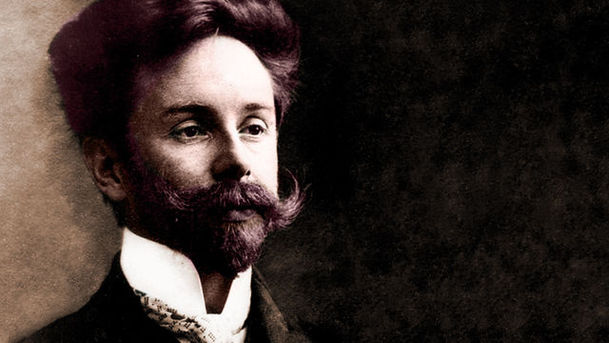Music Feature - Scriabin - A Life in Colour

The extraordinary music and story of the Russian composer, pianist, mystic and philosopher. With contributions from Gerard McBurney, Simon Morrison and pianist and conductor, Vladimir Ashkenazy, Peggy Reynolds enters the mystical world and the languid rich harmonies of Alexander Scriabin. At the turn of the twentieth century this remarkable figure's music and ideals challenged the very nature of individual and musical expression. His compositional technique and style evolved extraordinarily during of his life - his early piano pieces, reflect his adoration of Chopin, they are romantic and fresh while his later compositions explore new reaches and innovations in harmony. His ten piano sonatas are staples of the piano repertoire, and his miniature piano pieces are considered masterpieces of 20th century pianism. Scriabin loved to discuss philosophy and became enthralled by the theosophy movement of Madam Blavatsky. He was convinced that he was destined to produce an all-consuming work of art - an apocalyptic work of cosmic proportions which would transfigure mankind and its universe. The unrealised Mysterium (Final Mystery) which would embrace music, sound; colour and light; dance; fires, incense, perfumes; tastes, pain and other tactile experiences. Scriabin's works from 1902 until his death in1914 were all influenced by his this vision. His orchestra works include the Divine Poem (1903), the Poem of Ecstasy (1907), and the Poem of Fire or Prometheus (1909) a multi-sensory work for which Scriabin orchestrated a part for colour keyboard which was to project a constantly evolving stream of colours as the visuals to the sonic portion of the score.